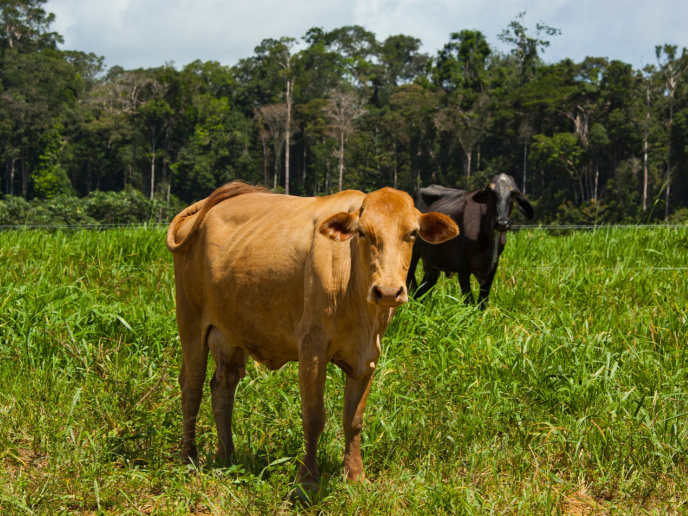Political violence, public memories and state formation
The 'Political violence legitimization in Ireland and Cyprus' (POLITICAL VIOLENCE) project studied evidence from the historical records of both islands. In parallel, the research considered the subsequent, post-United Kingdom, periods. The interest here was in the public memories of the insurgencies and how they were intertwined in the processes of consolidation of the new states that emerged.Both secondary materials and archival sources from the two areas were examined. The research also involved over 30 in-depth interviews of Cypriot participants and spectators of the events unfolding there during the 4-year period in question. The findings indicate that the legitimisation of political violence is situational. It is the result of many parallel processes integrating representations of violence and collective commitments. Although there are some general differences between the two, Cyprus and Ireland present similarities in form. For example, the discourse regarding Cyprus included a much wider audience than that of Ireland. In Cyprus, nationalist insurgency and the British counter-insurgency violence were central to the legitimacy discourse. However, in Ireland, where the violence played out mostly in the interwar period, the focus of discourse was more on the legitimacy of the state (United Kingdom) and on nationalist claim to a republic.Comparisons highlighted a key difference in the general configuration of the two islands' publics. In Cyprus, those sympathising with the insurgency and those opposing it lived near to each other and the violence. However, in Ireland, much of the discourse developed from a relative distance and reflected the (varied and fluctuating) views of third parties. POLITICAL VIOLENCE also considered the respective periods of state consolidation in Cyprus and Ireland. Its research underlined differences in the development of conflict between those supporting compromise and those seeing it as betrayal. In each place, this development played a heavy role in how the collective memory of insurgent violence was figured, configured and reconfigured.A book manuscript outlining project research and findings is currently being completed. The outcomes of POLITICAL VIOLENCE offer important insights into the histories of two states still dealing with unresolved questions. Results and the knowledge created are of interest both to academics of comparative–historical sociology and comparative politics and to policymakers. The book will also impact political and conceptual debates surrounding violence and its role in state formation.
Keywords
Political violence, insurgency, Cyprus, Ireland, violence legitimisation, collective memory, state formation







